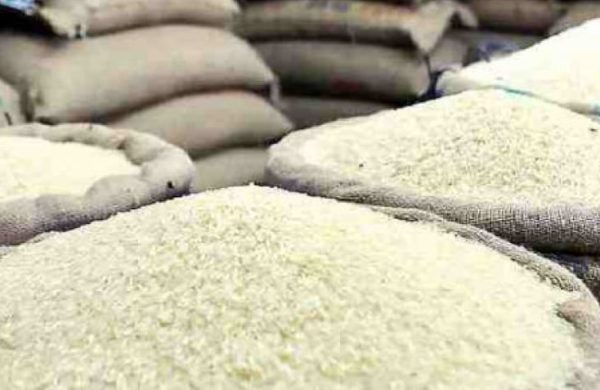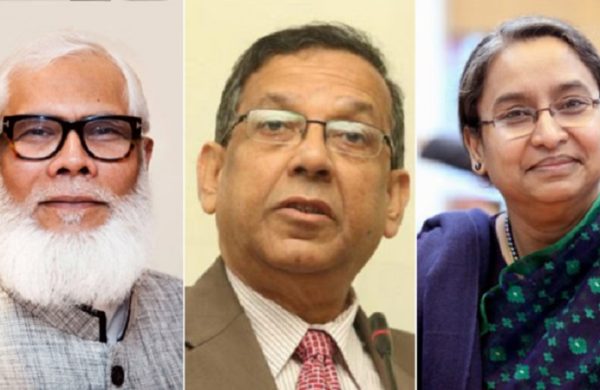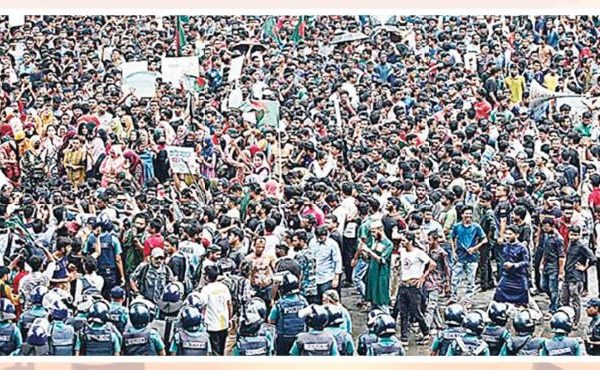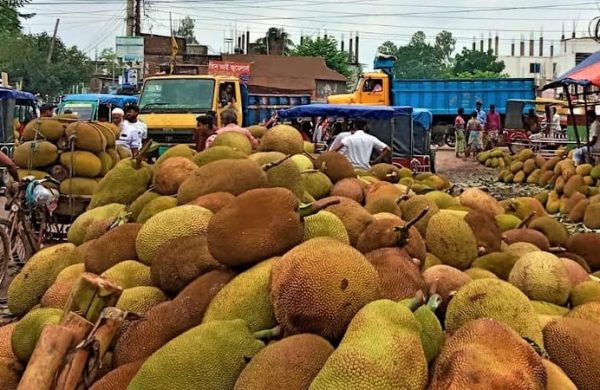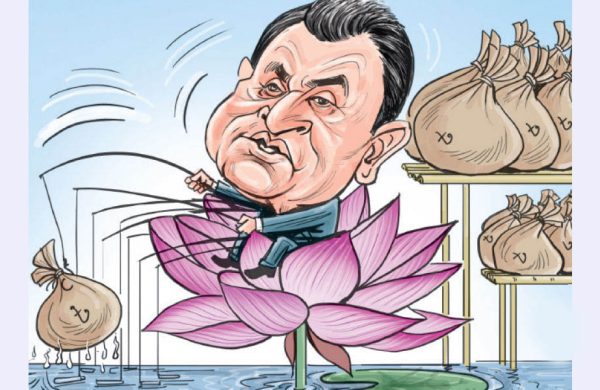Can tea workers be included in reform talks?
- Update Time : Saturday, October 5, 2024
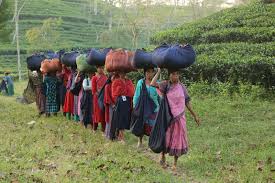
TDS Desk:
If the current daily wage at Tk170 per day surprises you, it’s worth remembering that the wage was even lower only a year ago. As we continue our talks on reforms, can it include the country’s tea workers?
After Hasina’s ouster on 5 August, top officials from different institutions resigned and fled. They were once integral to Hasina’s political machinery. Now the institutions are undergoing an overhaul.
NTCL (National Tea Company Limited) has also been impacted by this wheel of change.
Sheikh Kabir Hossain, a relative of former Prime Minister Sheikh Hasina, was appointed chairman of National Tea Company Limited in 2019. After the fall of the Hasina-led Awami League regime, many, including Kabir, have resigned.
This has disrupted the salary processes for the labourers.
Sabita Bauri is a female tea worker at the Patrakhola tea garden in Kamalganj, Moulvibazar. For the past one and a half months, she hasn’t received her wages –Tk170 per day – despite working regularly. She has no food at home and no money in hand.
More than 12,000 tea workers like her work in the 16 tea estates under the state-owned company who are their families’ breadwinners.
Additionally, a large portion of the workers follow the Sanatan religion and Durga Puja – their biggest annual festival – is approaching. It’s still uncertain if their due wages will be paid before the occasion, let alone if a festival bonus will come their way.
Meanwhile, another group of tea workers in Sreemangal held a protest march and rally on 29 September, with a three-point demand, including the call for a daily wage of Tk500.
The dire and ever-lasting working conditions of tea workers remain unresolved for over a century. While wage reviews for other labour groups, such as RMG workers, are in motion and rightfully so; tea workers remain overlooked.
The characteristics of modern-day slavery
The daily wage of a tea worker is Tk170 in today’s high-inflation market.
There are currently 168 commercial tea gardens in the country. The total number of workers is approximately 1,40,000 — meaning, including their families, 5 lakh people are directly dependent on the tea industry.
Mohammad Nazmul Avi Hossain, a labour economist, considers it ‘modern-day slavery.’ He said, “Tea workers work for more than eight hours a day. They often do overtime. But they are paid so little.
The amount even falls short of the upper middle-income class poverty line, as defined by the World Bank. It’s a form of labour exploitation of the marginal and vulnerable people.”
The way forward
‘Collective bargaining’ is the key tool of wage setting in labour economics. However, it doesn’t work in this case.
It’s true that a bilateral agreement between the Bangladesh Tea Association (BTA) and the Bangladesh Cha Sramik Union (BCSU) is meant to occur every two years, with wages being determined through this process. But, there’s politics at play.



